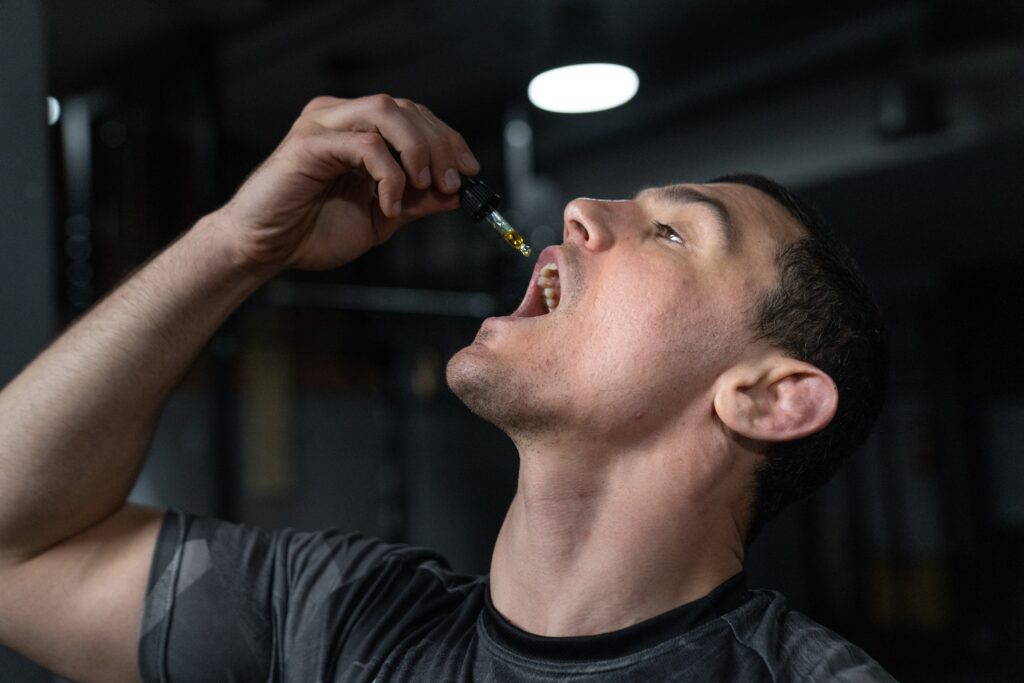According to a recent study published by Johns Hopkins University, a number of cannabidiol (CBD) topical cream products were found to have inaccurate and misleading labels.
More specifically, the study found:
- Out of 105 tested products, 89 (85%) had a label discussing the total amount of CBD in milligrams (mg)
- Out of these listed products, 16 (18%) contained less CBD than claimed
- Out of these listed products, 52 (58%) contained more CBD than claimed
- Only 21 (24%) of the products had an accurate label
- Out of the 37 products claiming to be free of tetrahydrocannabinol (THC), 4 (11%) had detectable levels of THC in them
Such findings aren’t the most surprising – especially due to the fact that the CBD industry remains unregulated by the Food & Drug Administration (FDA). However, that’s not to diminish the fact that these findings give consumers more insight into these products.
To begin with, the majority of consumers for CBD products aren’t being ripped off. As the study claimed, only 18% of products had less CBD than labeled. Naturally, this is disappointing (especially when considering the cost of these products), but knowing this number is so low is relieving.
Following up on this, it appears most consumers are actually receiving more CBD per product than labeled. As the study indicates, 58% of tested products had larger sums of CBD than labeled. In our opinion, this is ideal, but we understand that some may prefer getting only what they paid for.
Either way, this study lacks in one fundamental manner; it doesn’t provide insight into how much more or how much less CBD these products had. For example, if a product claims to have 1500mg of CBD, but only contains 1490mg, we personally don’t consider this too major of a difference. Still, if that number was more like 1400mg, then we’d have questions.
Larger Rates of THC in CBD Products
The bigger concern coming out of this study is the fact that a handful of products contained remnants of THC when being advertised as THC-free. There are 2 reasons why this is concerning:
- This indicates products could potentially have more THC than federally legal. As of this time, the 2018 Farm Bill only allows for cannabis products with less than 0.3% THC.
- Many consumers of CBD products rely on the “THC-free” label – namely, to avoid failing a drug test.
One of the researchers, Tory Spindle, noted, “Someone could unknowingly be taking a CBD product that has THC in it, and test positive in a conventional drug test to be totally unaware and caught off guard.”
Again, the study didn’t indicate the exact levels of THC that were found within the products. But they did note that most of the levels were minimal, being less than 0.1%.
With that said, such levels of THC will not cause psychoactivity among users. Even more so, their chance of failing a drug test over such levels is minimal. However, that chance does still exist and, therefore, these products are falsely advertised.
The Problem with CBD and Medical Claims
Another proponent of this study was the discussion of medical claims within the CBD industry. Since all research concerning CBD is preliminary, it’s impossible to say whether or not it’s beneficial for any medical condition.
“I would just encourage people to be wary of therapeutic claims of these products and to not necessarily believe everything that the products are marketed as they say they are,” Spindle said.
Such a warning is fair to consumers – notably due to the fact that none of the products being sold in the CBD industry are approved by the FDA. Well, this is with the exception of Epidiolex – however, this can only be obtained through prescription for rare forms of epilepsy.
When it comes to mislabeling, medical claims are the biggest issue plaguing this industry. In fact, the FDA has sent letters to a number of CBD brands, warning that their products go against current protocol.

